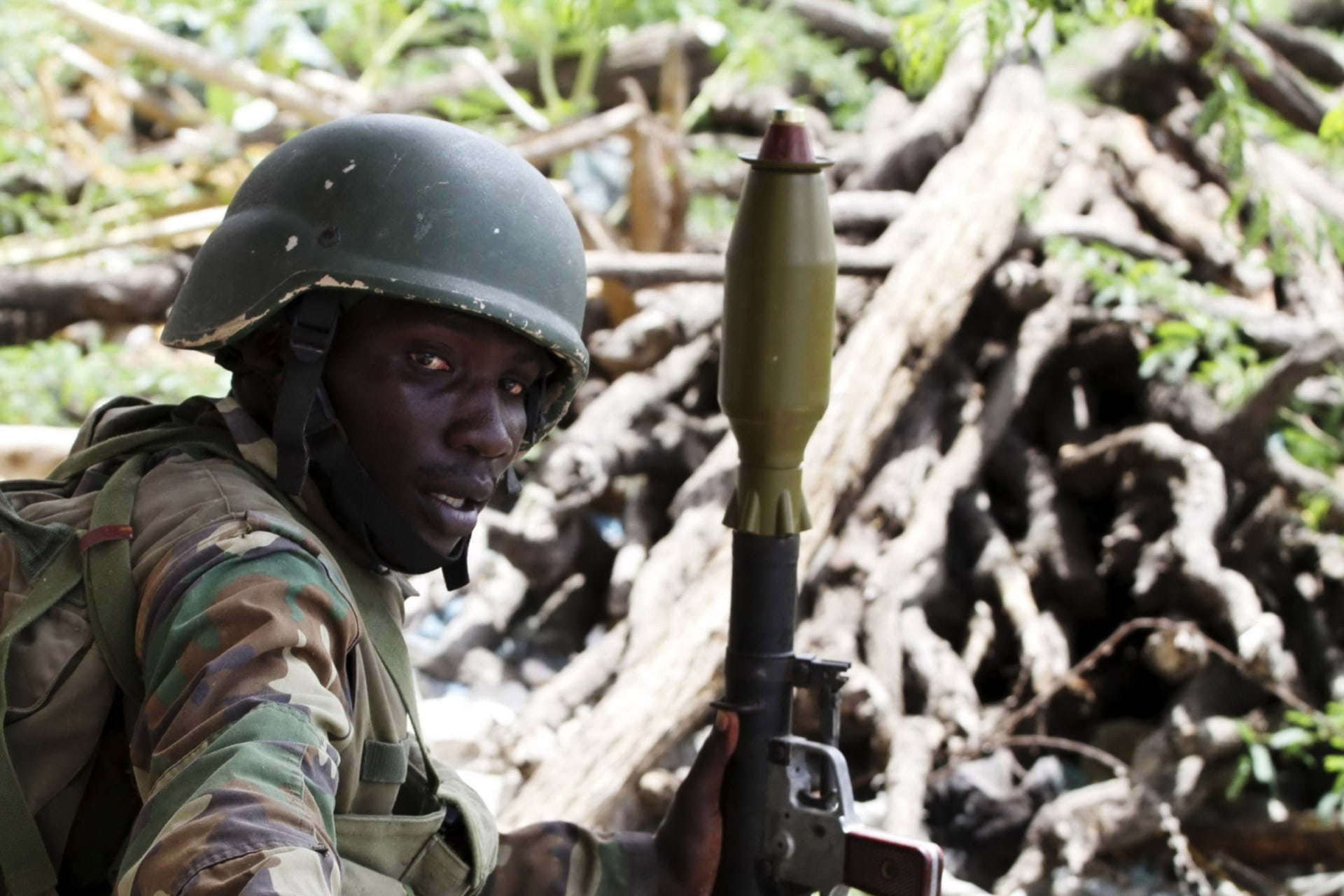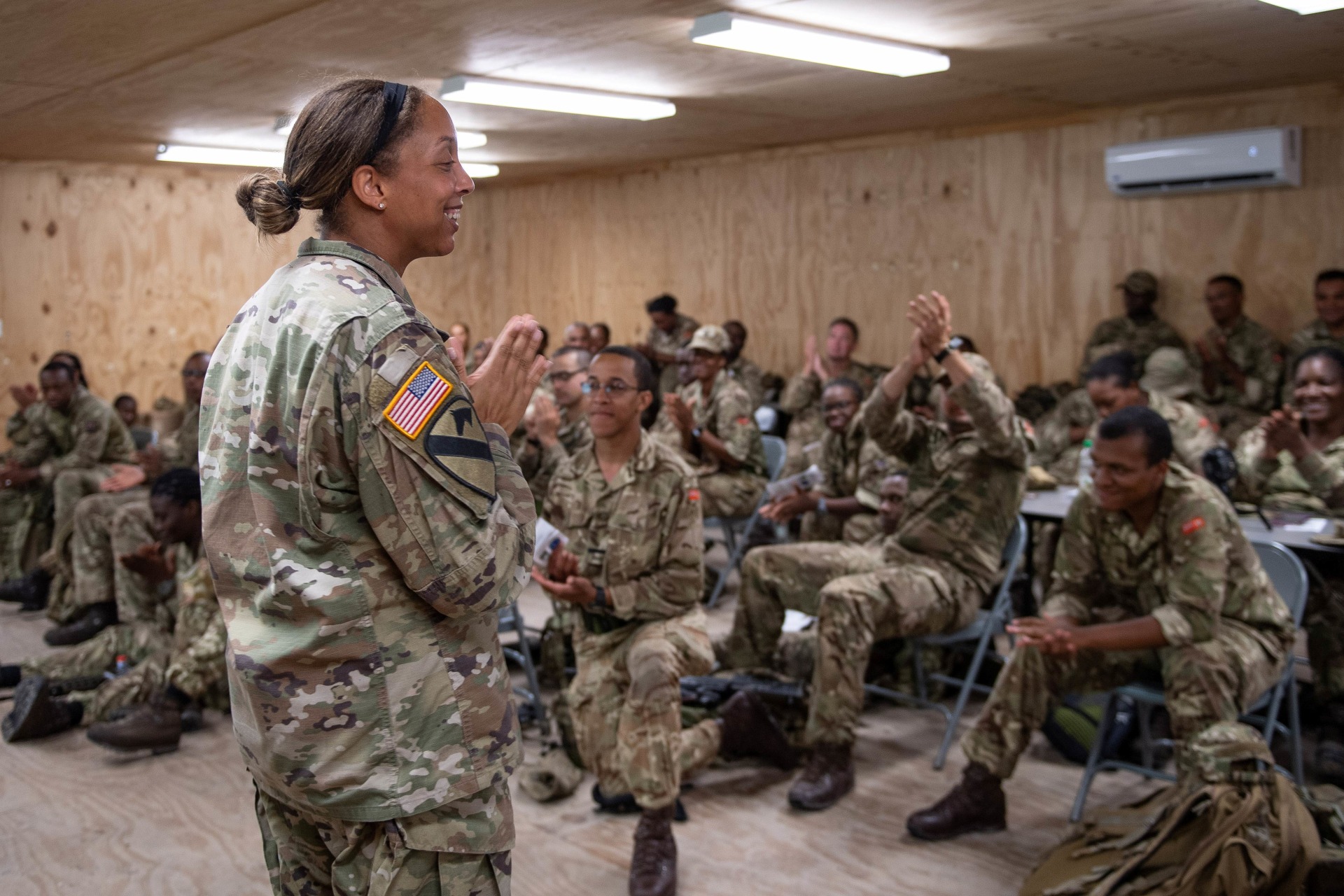The African Union’s Conflict Management Capabilities

BY
- Paul D. WilliamsAssociate Professor, George Washington University
Overview
In this Working Paper, Paul D. Williams clarifies how Africa’s strategic importance to the United States has increased substantially over the past decade. In particular, the continent is a growing source of U.S. energy imports; it houses suspected terrorists; and it offers profitable business opportunities, especially in the energy, telecommunication, and minerals sectors. As Chinese and Indian influence spread and explicitly challenge the U.S. development model, Africa is an arena of intensifying great power rivalry. And, critically, Africa remains the major epicenter for mass atrocities as well as a potential source of transcontinental health pandemics. Consequently, stabilizing the continent should be a core U.S. policy goal.
The African Union (AU) has great potential as a U.S. partner in Africa. Unfortunately, the AU’s practical capabilities in the field of conflict management suffer from a persistent capabilities-expectations gap, falling well short of the ambitious vision and rhetoric contained in its founding documents. The AU’s shortcomings are not fatal, however; the U.S. government can bolster AU conflict management capacity in the near and long terms.t





